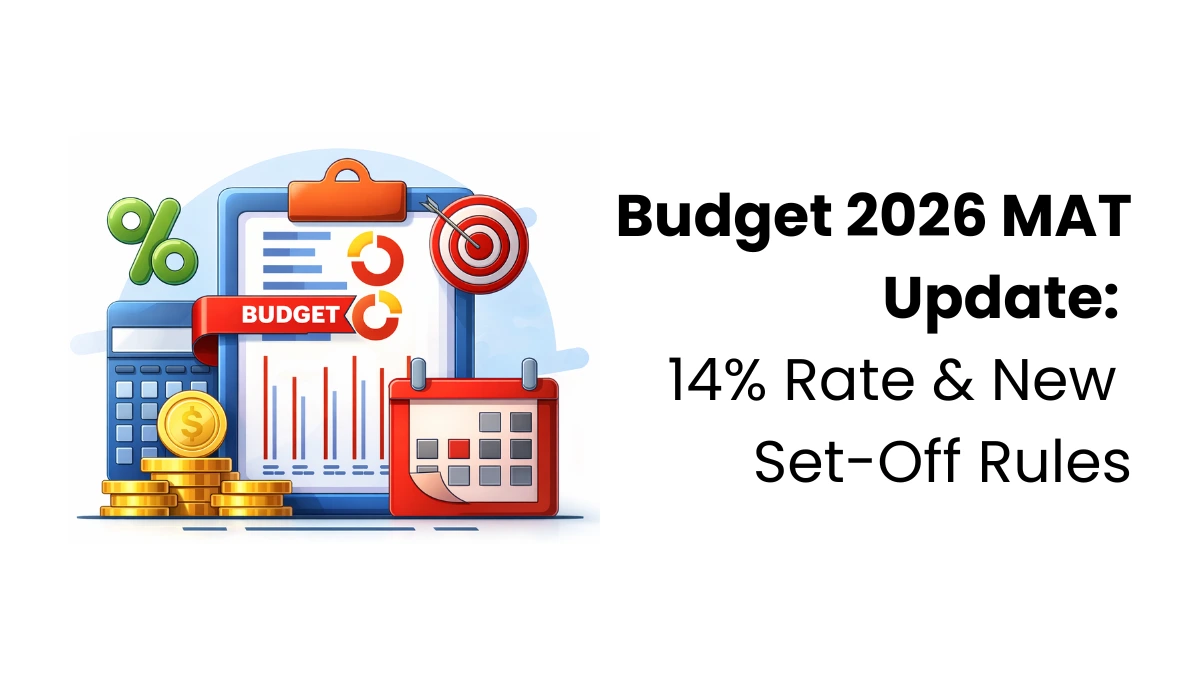Do you know what profit means? Profit is the money a business or company makes after covering its expenses. You can see how an industry grows by comparing current and past profits. To monitor your business’s financial health and create accurate financial statements, it’s essential to understand the two main types of profit: gross profit and net profit. For a more detailed understanding of these concepts and more, Finance & Accounting courses can offer valuable knowledge and skills.
What is Gross Profit?
Gross profit is the company’s profit after deducting the costs of producing or selling its products or services. These profits generally don’t include fixed expenses like rent, advertising, and insurance. Instead, they focus on variable costs such as materials, direct labor, credit card fees on customer purchases, equipment, utilities for the production site, and shipping.
What is Net Profit?
Net profit is the amount of money remaining after deducting a company’s total expenses from its total revenue for a given accounting period. It shows how much profit the particular company has made throughout the year. To find net profit, start with gross profit and subtract these costs. If the result is negative, it’s called a net loss.
Difference Between Gross Profit and Net Profit
Let’s read more about the difference between gross profit and net profit.
| Gross Profit | Net Profit |
| Gross profit is an important usable goal in your business that may inform you about its viability. It gives an indication of whether the business is making profits or spending more than it receives. | Net profit would help you know when to expand or reduce your expenses. |
| It helps to estimate a company’s profitability. | This Can determine a company’s performance. |
| Gross profit allows control of excess costs. | Net profit which shows a company’s performance throughout the year. |
| Business Owners gve more importance to Gross Profit. However, many of them will rely on net profit. | Business Owners give more importance to Gross Profit. However, many of them will rely on net profit. |
| It Is a company’s performance throughout the year. | Calculating this will not include taxes, interest, or other expenses. |
| Gross Profit=Revenue-Cost of goods sold | Net Profit=Gross Profit-Expenses |
For those looking to improve their understanding of financial statements and profitability, online job-oriented courses can provide valuable insights and practical skills.

How to Calculate Gross Profit
What’s left after you subtract the cost of making your products (called Cost of Goods Sold, or COGS) from the money you earned from sales (Net Sales).
Formula
Gross Profit = Net Sales − COGS
- Net Sales: The total money from sales after removing returns and discounts.
- COGS: The cost of materials and labor to produce the goods.
How to Calculate Net Income
The company’s profit after paying for all costs, like operating expenses, taxes, and interest. It’s called the “bottom line” because it’s the final number on the income statement.
Formula
Net Income = Total Revenue − Total Expenses
Key Differences
It allows you to know how much profit a firm makes from its sales other than the cost of manufacturing its products. It assists in qualifying why profits may fluctuate in sales and production costs.
For example, suppose one company has higher sales revenues and more significant manufacturing costs, such as overpaying workers because it failed to hire adequate staff. In that case, the revenue from gross profit will be smaller.
However, gross profit doesn’t include all other expenses, like rent or utilities, so it doesn’t give the complete picture of the company’s overall profit. To fully understand a company’s finances, it’s important to consider these additional costs. To learn more about earnings in financial statements, joining accounting courses after the 12th will help you.










